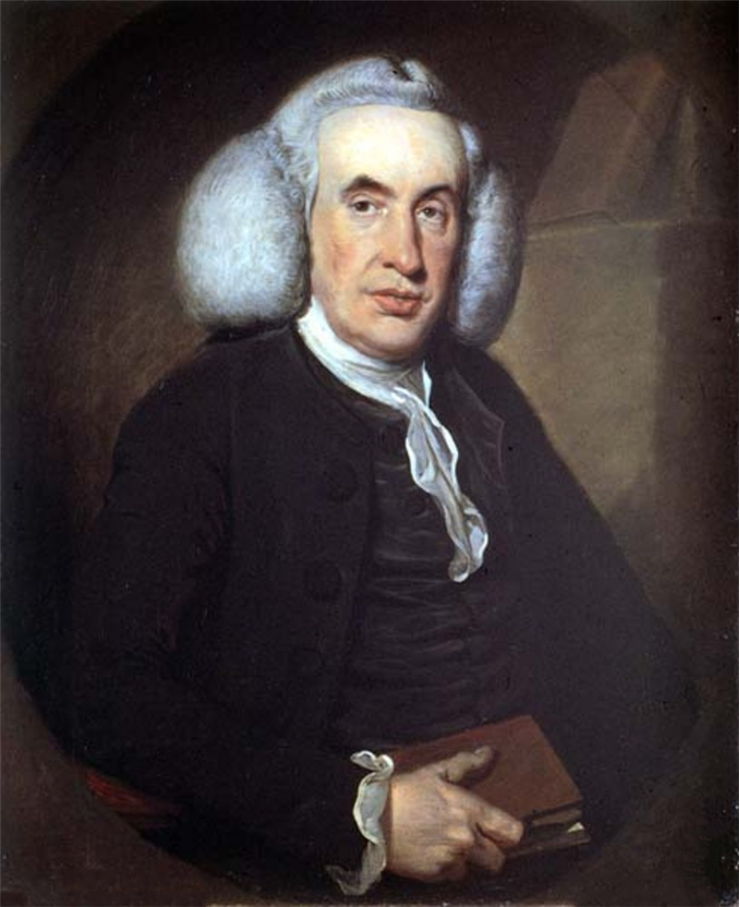William Cullen Biography - Inventor of Artificial Refrigeration
William Cullen (1710-1790) was a Scottish physician, chemist and agriculturalist. He is also known as a “central figure in the Scottish Enlightenment”, one of the most important professors at the Edinburgh Medical School and a pioneer of the artificial refrigeration.
William Cullen was born in Hamilton, Lanarkshire from a father William Cullen - a lawyer, and a mother Elizabeth Roberton of Whistlebury. His first school was the Old Grammar School of Hamilton after which, when he was 16, he began a General Studies arts course at the University of Glasgow. He was an apprentice to John Paisley, a Glasgow apothecary surgeon, who tough him medicine after which Cullen spent a year as surgeon on a merchant vessel trading between London and the West Indies. When he returned he spent two years as assistant apothecary to Mr. Murray of Henrietta Street in London. After that, he returned to Scotland in 1732 to open a general medical practice in the parish of Shotts, Lanarkshire. He continues to study medicine from 1734 to 1736 University of Edinburgh. There he becomes interested in chemistry and also one of the founders of the Royal Medical Society. He continues his medical practice in Hamilton in 1736 and in 1740 Glasgow University awards him the degree of Medical Doctor. Cullen marries in 1741 and becomes ordinary medical attendant to James Douglas, 5th Duke of Hamilton, his family, and his livestock until Duke's death in 1744 when he moves to Glasgow. There he gave lectures for the University, on physiology, botany, medicine, and chemistry where he became successful and very popular teacher because of his great abilities, enthusiasm, and use of practical demonstrations, while he also kept his medical practice. He was awarded Britain's first independent lectureship in Chemistry and was elected President of the Faculty of Physicians and Surgeons of Glasgow, both in 1747. Cullen became Professor of the Practice of Medicine at the University of Glasgow but he continued to lecture on chemistry.
In 1755 Lord Kames gave a position of Professor of Chemistry and Medicine at the University of Edinburgh to William Cullen. There, in 1756, he gave the first documented public demonstration of artificial refrigeration. He used a pump to create a partial vacuum in a container of diethyl ether. With that, he lowered its boiling pint and diethyl ether boiled. That reaction absorbed heat from the surroundings. This effect even produced a small amount of ice, but the process was not yet practical and could be not used commercially. But it was a start and all other experiments and ideas originate from this.
Cullen continues to deliver lectures on clinical medicine in the Edinburgh Royal Infirmary in 1757. In 1766 he takes the chair of the professor of the institutes of medicine and resigns the hair of chemistry. In the same year he was a candidate for the professorship of the practice of medicine but didn’t succeed. He and John Gregory, the successful candidate soon made an arrangement to both to deliver alternate courses on the theory and practice of medicine which they did until Gregory died in 1773. After that Cullen takes both courses and holds them until a few months before his death on 5 February 1790.
